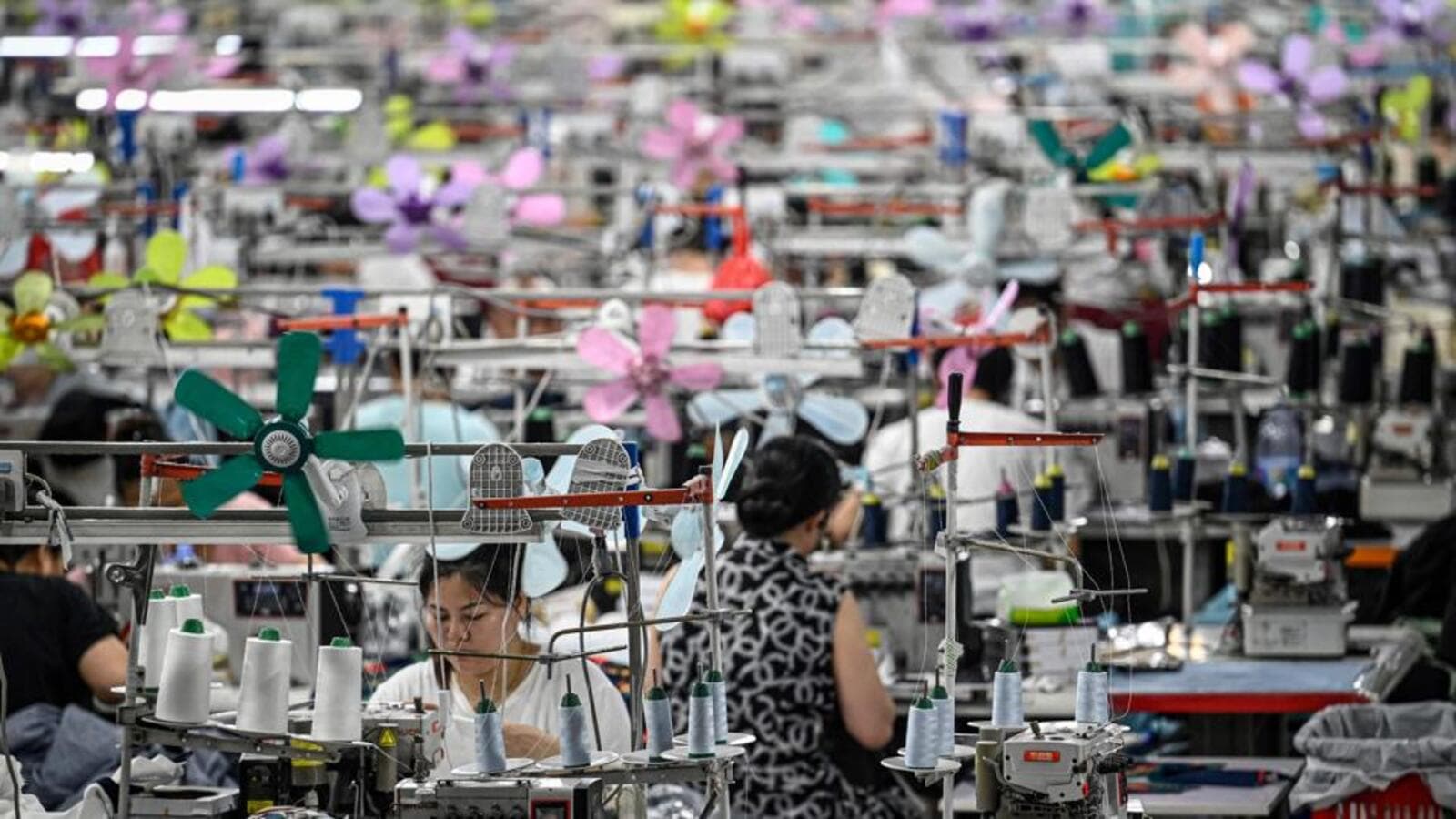Fashion
Fast fashion grows quicker than traditional apparel brands

Young men choosing fast fashion in the financial year 2024 wore oversized t-shirts, graphic tees, printed shirts and cargo pants. The next major fashion trend for them is likely to be co-ord sets and all-time jackets. Millennial and GenZ women purchased dresses, co-ords and wide-legged trousers in FY24 with shapewear expected to be the next big thing, said a new report from Redseer Strategy Consultants. In FY24, India’s fast fashion segment grew 30-40% compared to the sluggish 6% growth for the larger apparel category. The country’s buzzing $10 billion fast fashion segment will touch $50 billion in seven years, the report said.
Fast fashion is distinct from regular or traditional fashion brands that launch 3-4 collections in a year based on seasons. Fast fashion refers to fast-moving clothes that are on trend and hit the market swiftly. The report said fast fashion companies release more than 50 collections in a year and are in perpetual production mode to keep consumers up to date in designs and styles.
Kushal Bhatnagar, associate partner, Redseer Strategy Consultants, said currently fast fashion is the fashion industry’s growth lever. “Other than global brands like Zara and H&M, India’s fast fashion segment has got a big boost from homegrown Zudio from the Tata group. A clutch of online-first brands like Newme, Urbanic and Snitch, too, have risen fast,” Bhatnagar said.
“Success of global brands like Shein and Fashion Nova has made fast fashion mainstream,” said Sumit Jasoria, co-founder of two-year-old online women’s clothing brand Newme. “Shein is ultra-fast fashion. It does in 7 days what others take two months to do,” Jasoria said. Shein is soon returning to India with Reliance Retail.
Fast fashion’s dramatic growth is riding on young consumers’ penchant for experimenting with newer trends and brands. GenZ is shopping for more clothes for going out and for posting pictures on social media. India has 362 million Instagram users of which the majority are young. “They are searching for global fashion trends online and watching reels which is fuelling the craze for fast fashion,” said Jasoria of Newme, which is funded by Fireside Ventures.
Last month, UK’s popular fashion e-tailer Urbanic launched another brand Savana for GenZ in India which will have limitless collections and styles, according to its founding partner Rahul Dayama. He said since youngsters are buying more, they need affordable clothes. The company employs Artificial Intelligence for Urbanic and Savana for predictive analysis, end-to-end logistics and to reduce dead stock. “We cannot control consumption but we can curb wastage by accurate predictions on trends and inventory,” Dayama said.
Urbanic is focusing on tier 1 and tier 2 cities though it sells all over the country online. “For my brands, I am looking beyond the demographics of age and city. I am looking at psychographics. I have met people who are 50 but feel like 18. Or consumers in tier 3 cities living the tier 1 life. They are all dressing up,” said Dayama.
But being in the fast fashion business is not easy. The biggest challenge is building an agile and nimble supply chain to convert emerging fashion trends into clothing and reach the market first. Newme launches 500 designs online every week.
However, Vedang Patel, co-founder of online brand The Souled Store said the principal challenge in the fast fashion industry is clutter as everyone seems to have the same products and designs. “For instance, if you see a crochet t-shirt once, you will see it everywhere. Though fast fashion grows faster on the back of new trends, you could also be stuck with inventory when things go out of fashion,” Patel said.
The Souled Store is a 10-year-old casual wear brand for men, women and children. “We are not into fast fashion and are still growing at 60% a year. We sell pop culture and our casual wear is timeless,” Patel said.
Besides, he feels consumers will start making discerning choices in fashion wear as their wardrobes are already full.
But Dayama doesn’t foresee fast fashion losing steam. All social media platforms are growing. Instagram is adding new users. “The India market is bound to grow. Plus there’s good competition. I don’t think there will be a winner who takes it all. I have not met a young woman who has only one brand in her wardrobe”, Dayama said.










